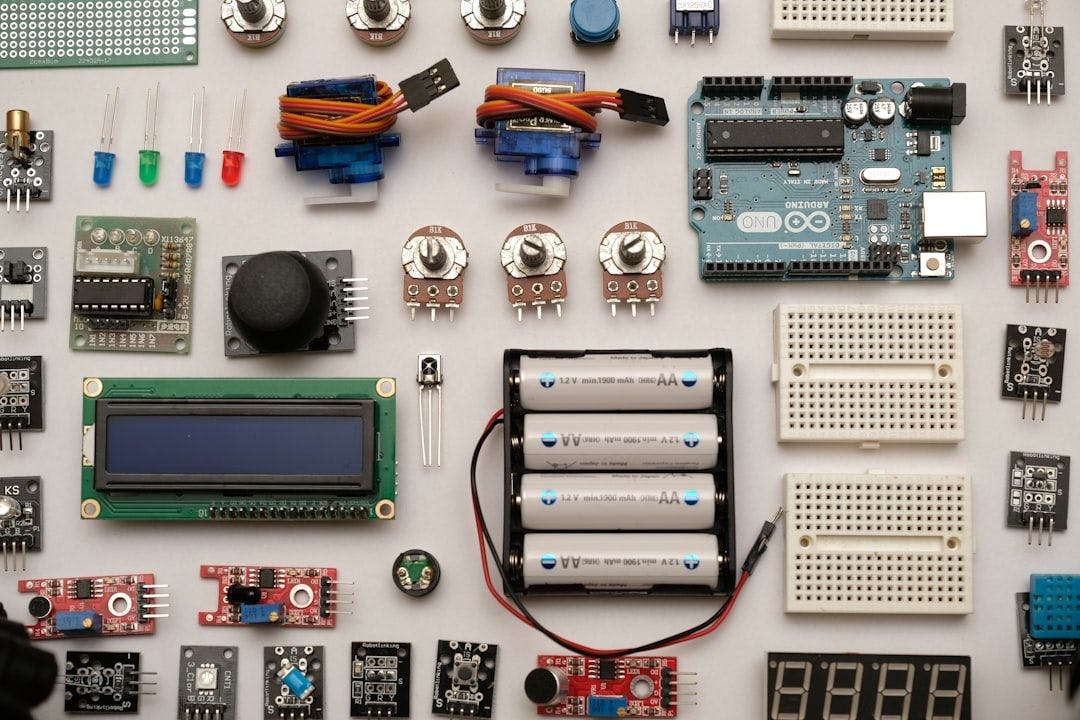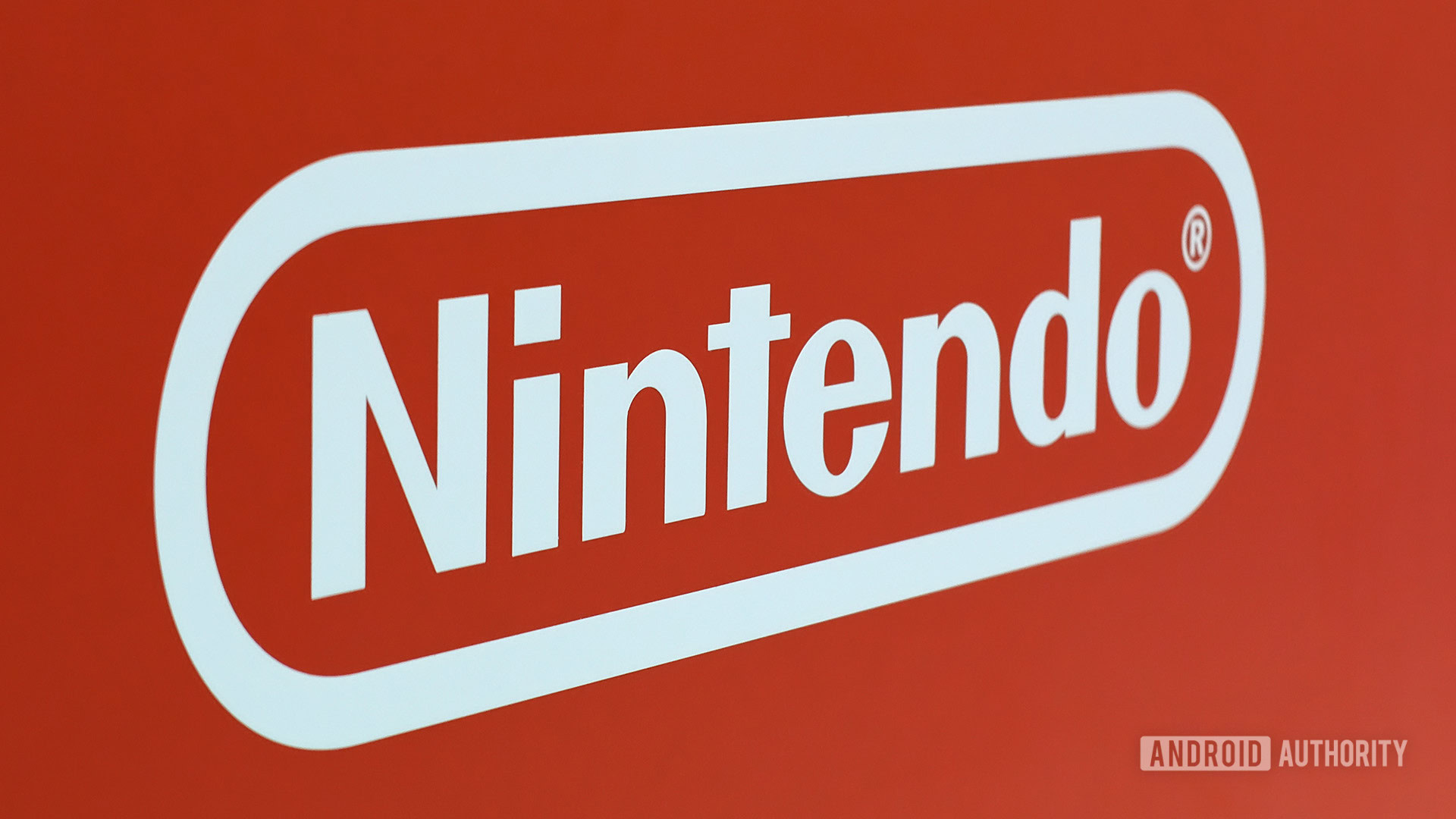With all the hype around artificial intelligence, work should be easier and more efficient these days. But that’s far from the truth.
Employees are still spending hours searching and sifting through information and second-guessing AI responses. Coveo Solutions Inc.‘s latest Employee Experience Relevance Report takes a closer look at how workplace tools are falling short on EX and why more companies need to have a better approach to knowledge discovery.
The report, based on a survey of 4,000 people who work for companies with 5,000 or more employees across the U.S. and U.K., uncovered growing frustration. On any given day, employees navigate through about four different systems just to find the information they need to get their work done. That translates to spending nearly three hours a day just searching for the right information. Many believe the information they find is irrelevant, and roughly half have run into issues with AI hallucinations.
Nearly half of the employees surveyed report feeling frustrated when they don’t have access to the right tools or information. Frustration related to unhelpful tools has only increased over the past few years, from 28% in 2022 to 40% in 2025. Meanwhile, confidence has dropped. Skilled employees are second-guessing the quality and speed of their work because their company’s systems aren’t keeping up.
These frustrations are part of a broader problem. Information is scattered across too many systems. Even as companies adopt more AI tools, a quarter of employees don’t know where to look when they need answers. The same tools that organizations have put in place to fix disconnected systems are still ineffective in many cases according to the employee feedback from the survey: including intranets (31%), enterprise search tools (24%), and generative AI (15%).
When using gen AI, trust is a challenge. A whopping 42% of employees fact-checked answers provided by AI tools in 2025, up from 36% in 2024. Trust is only slightly higher in enterprise-approved tools than in open-source tools like ChatGPT, with just 17% of employees fully trusting responses from internal systems and 14% trusting open-source tools. Gen Z and Millennials are the most likely to double-check AI-generated responses, with fact-checking rates of 47% and 44%, respectively.
There’s a good reason for the skepticism. Nearly half of the respondents experienced a hallucination when it comes to using AI, with 22% saying it happened during work. These aren’t limited to minor issues either. They’re happening in core business functions such as software development, information technology and executive leadership. Weekly hallucinations were reported by 60% or more in each group. Hallucinations are also prevalent in industries with quick decision-making, such as software, IT, finance and accounting.
AI hasn’t delivered on the promise of reducing the time it takes to find information. Employees are still moving among multiple systems and sources to search for information needed to do their job. Those in tech roles navigate five or six systems on average.
And yet, the top reported use case for generative AI isn’t employee productivity, it’s customer self-service (34%), followed by knowledge management (28%) and data analytics (26%). Employee productivity is lower on the list at 26%. The findings suggest that many AI deployments are still more customer-focused than employee-facing.
Across large organizations, looking for information amounts to millions of hours wasted each year. Gen Z employees tend to spend the most time searching for information, compared with other age groups such as Baby Boomers. Technical and customer-facing roles are most affected when information isn’t easily accessible. Many (27%) employees can’t find urgently needed information, such as when helping a customer or closing a deal.
Adding to the challenge is the sheer volume of irrelevant content employees have to sift through. According to the report, 42% of the information employees encounter doesn’t even apply to their role. That figure hasn’t changed much over the past three years. In some sectors such as electronics and hardware, it’s worse, with 51% of content deemed irrelevant. In field or technical support roles, it’s about 47%.
It’s clear from the report findings that current systems aren’t helping people focus as they should. The hope is that gen AI could turn things around. According to 42% of the employees surveyed, their organizations have already invested in gen AI tools and training aimed at improving information search in the workplace.
However, for gen AI to be beneficial, a few things must happen next. Organizations should shift their focus from giving employees access to information to making it relevant. That means grounding AI in reliable data, cutting down on system sprawl, and making sure employees can trust the answers they get. Otherwise, organizations risk having technology that creates more complexity than clarity.
I had a chance to talk to Coveo Chief Operating Officer John Grosshans about the results and how Coveo helps customers with the challenges cited in the study. “Coveo’s job is the find the best answer to the most complex questions,” he said. “The agentic AI era is transforming employee and customer experiences. Our AI-powered search and product discovery enables organizations to remove the friction found at work today, which reduces cognitive overload and delivers the right insight at the right moment.”
The results of the study are consistent with my research that found that employees spend up to 40% of their time managing work instead of doing work. This comes from having information scattered across multiple applications and systems. It’s impossible to remember where to look for certain information. When the answer to a question lies in multiple systems, the user becomes the integration point for the data, which leads to errors and more frustration. Coveo’s AI enabled search works cross-system and takes something that was a huge point of frustration and makes it easy.
Zeus Kerravala is a principal analyst at ZK Research, a division of Kerravala Consulting. He wrote this article for News.
Image: News/Reve
Support our open free content by sharing and engaging with our content and community.
Join theCUBE Alumni Trust Network
Where Technology Leaders Connect, Share Intelligence & Create Opportunities
11.4k+
CUBE Alumni Network
C-level and Technical
Domain Experts
Connect with 11,413+ industry leaders from our network of tech and business leaders forming a unique trusted network effect.
News Media is a recognized leader in digital media innovation serving innovative audiences and brands, bringing together cutting-edge technology, influential content, strategic insights and real-time audience engagement. As the parent company of News, theCUBE Network, theCUBE Research, CUBE365, theCUBE AI and theCUBE SuperStudios — such as those established in Silicon Valley and the New York Stock Exchange (NYSE) — News Media operates at the intersection of media, technology, and AI. .
Founded by tech visionaries John Furrier and Dave Vellante, News Media has built a powerful ecosystem of industry-leading digital media brands, with a reach of 15+ million elite tech professionals. The company’s new, proprietary theCUBE AI Video cloud is breaking ground in audience interaction, leveraging theCUBEai.com neural network to help technology companies make data-driven decisions and stay at the forefront of industry conversations.










